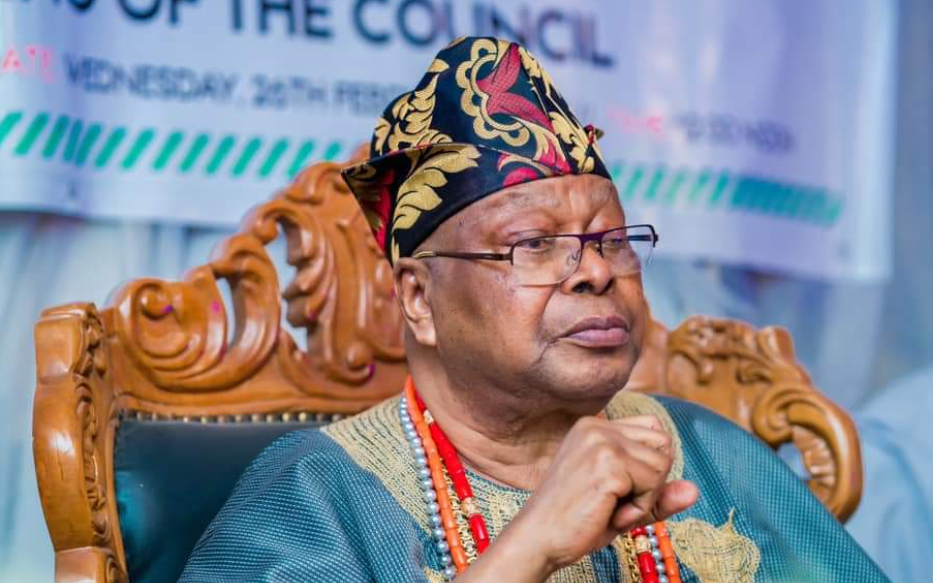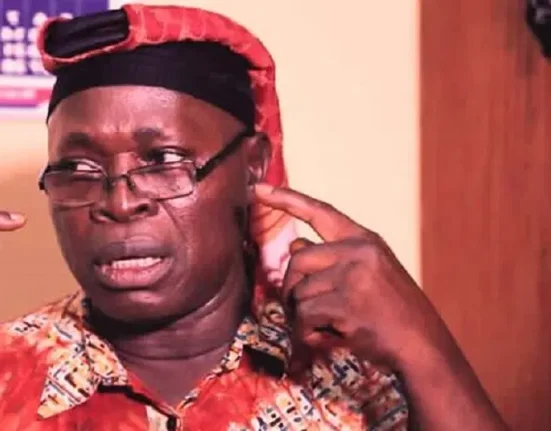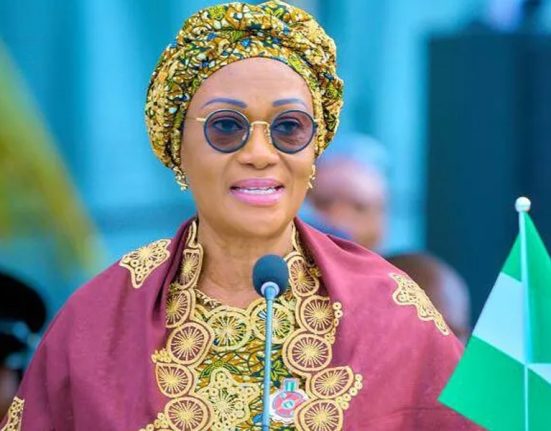In the rich tapestry of Nigeria’s cultural heritage, the Yoruba traditional institution stands out as a deeply rooted symbol of identity, continuity, and leadership. Over centuries, Yoruba monarchs have not only served as custodians of tradition and spirituality but have also evolved into stabilizing figures amid modern governance. As we reflect on the legacies of some of the longest-reigning kings in Yoruba land, it is imperative to honour their contributions to peace, culture, and development.
Foremost among them is Oba Sikiru Kayode Adetona, the Awujale of Ijebuland, who ascended the throne in 1960. Now in his 65th year of reign, Oba Adetona exemplifies wisdom, foresight, and unwavering commitment to the unity and progress of his people. His role in nation-building, advocacy for good governance, and championing of education and community development has earned him national reverence.
Similarly, the late Oba Lamidi Adeyemi III, the Alaafin of Oyo, reigned for 52 illustrious years (1970–2022), steering Oyo through social transformation while preserving the prestige of the ancient Oyo Empire. A scholar of history and culture, Oba Adeyemi was a bridge between tradition and modernity, and his voice resonated beyond the confines of his domain.
Also worthy of mention is the revered Oba Jimoh Oyewumi Ajagungbade III, the Soun of Ogbomoso, who held the throne for 48 years until his passing in 2021. Under his leadership, Ogbomoso witnessed unprecedented growth and modernization, underscoring the critical role monarchs play in local development.
Other notable monarchs include Oba Samuel Oyewole II (Alaaye of Efon-Alaaye), who reigned for 64 years, and Oba Moses Oyinlola (Olubosin of Ifetedo), whose 52-year reign remains a beacon of stability and community engagement.
These royal figures have not only preserved Yoruba customs but have also adapted their roles in today’s Nigeria, providing moral guidance, promoting harmony, and fostering socio-economic development in their domains.
As the nation faces evolving challenges, the longevity and impact of these monarchs offer a blueprint for sustainable leadership rooted in service, tradition, and accountability. Their reigns are testaments to the enduring strength of indigenous institutions and their relevance in contemporary society.
In celebrating these monarchs, we are reminded that leadership is not merely about tenure, but about legacy — one built on integrity, sacrifice, and the unwavering pursuit of the collective good.



